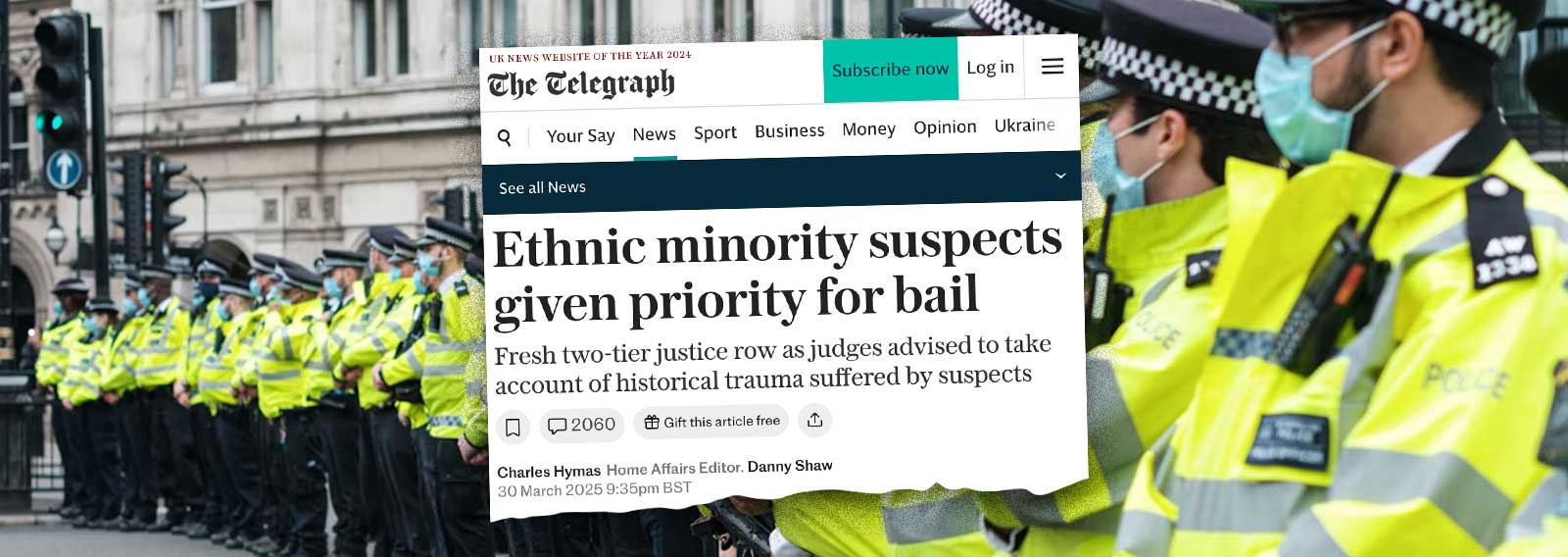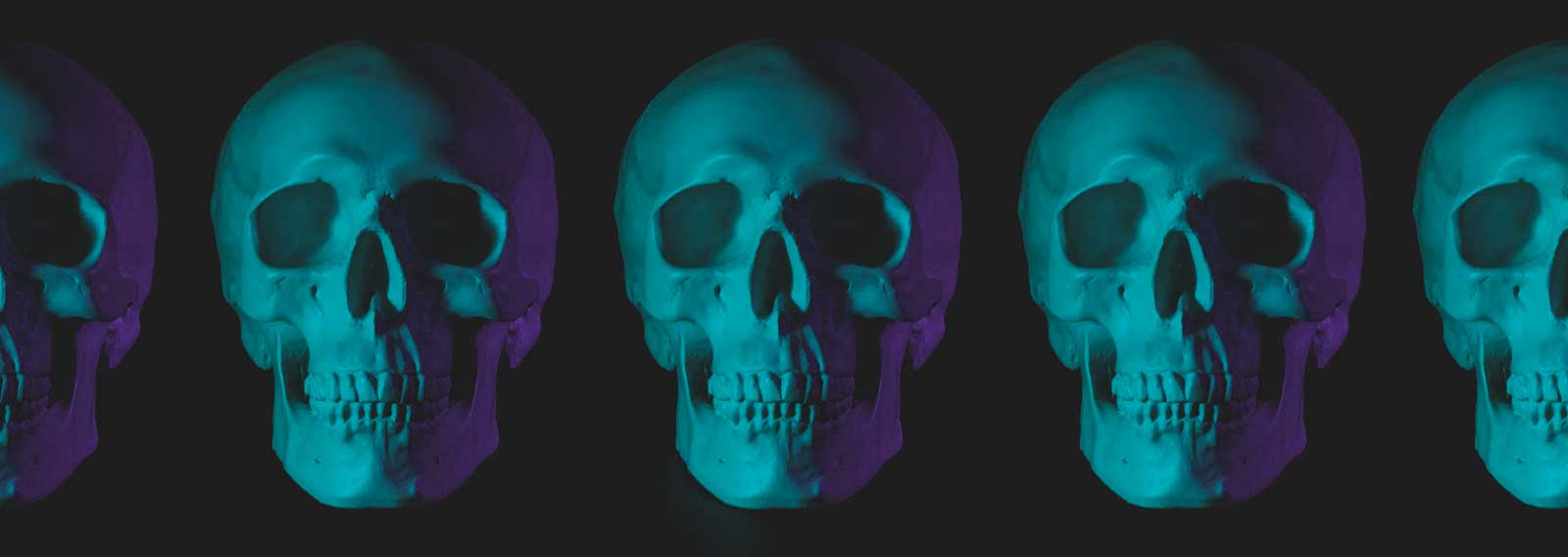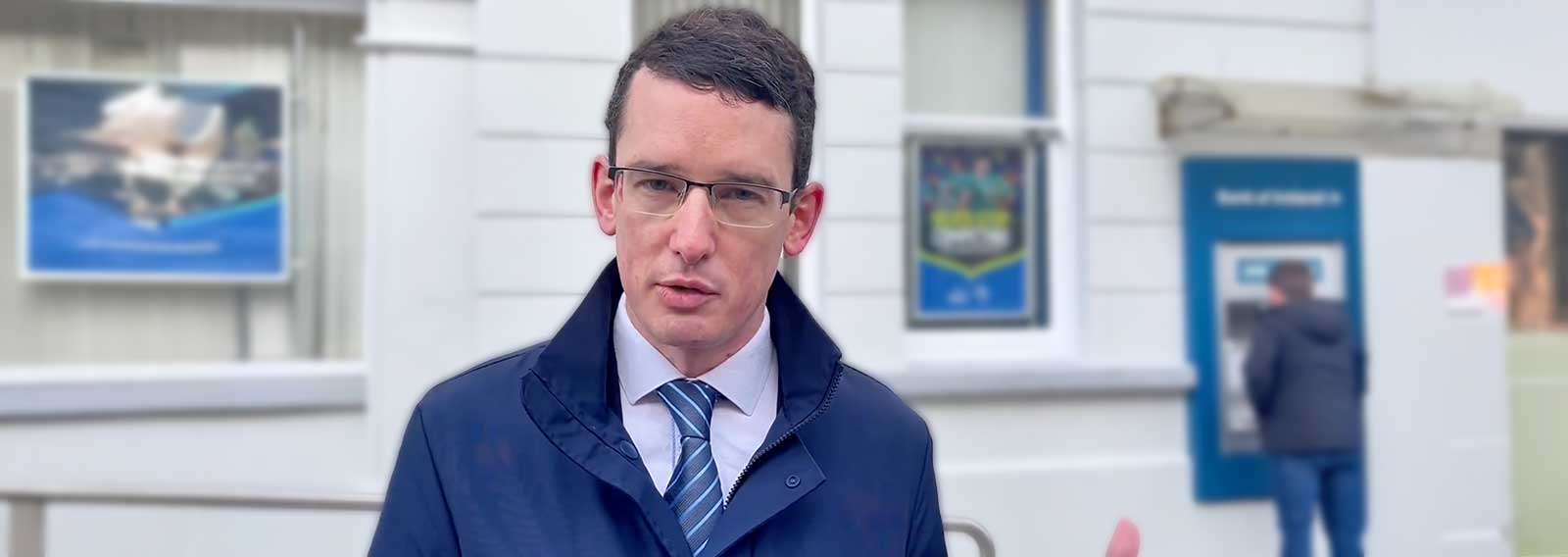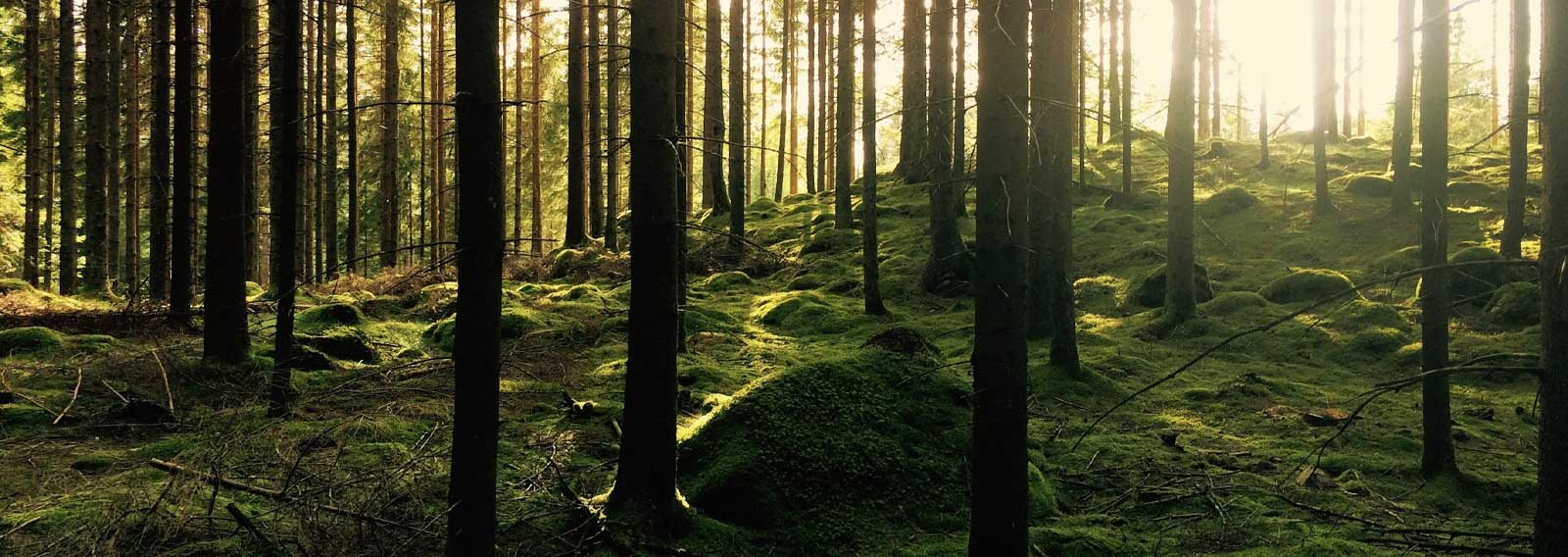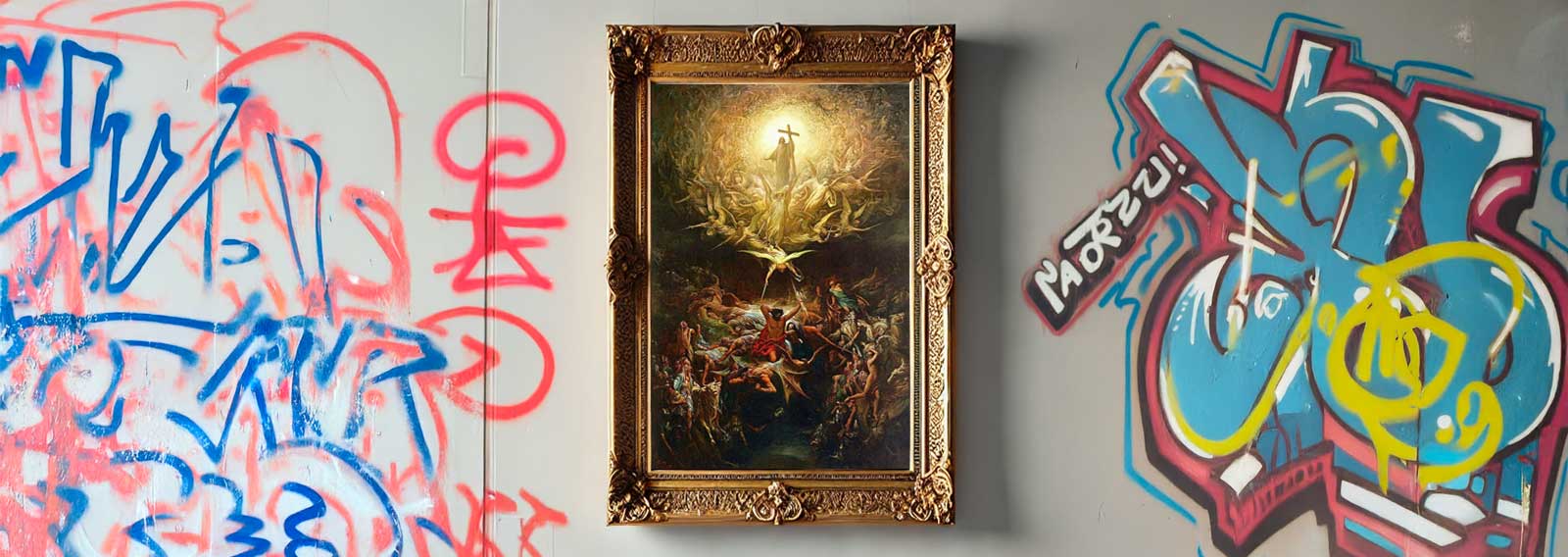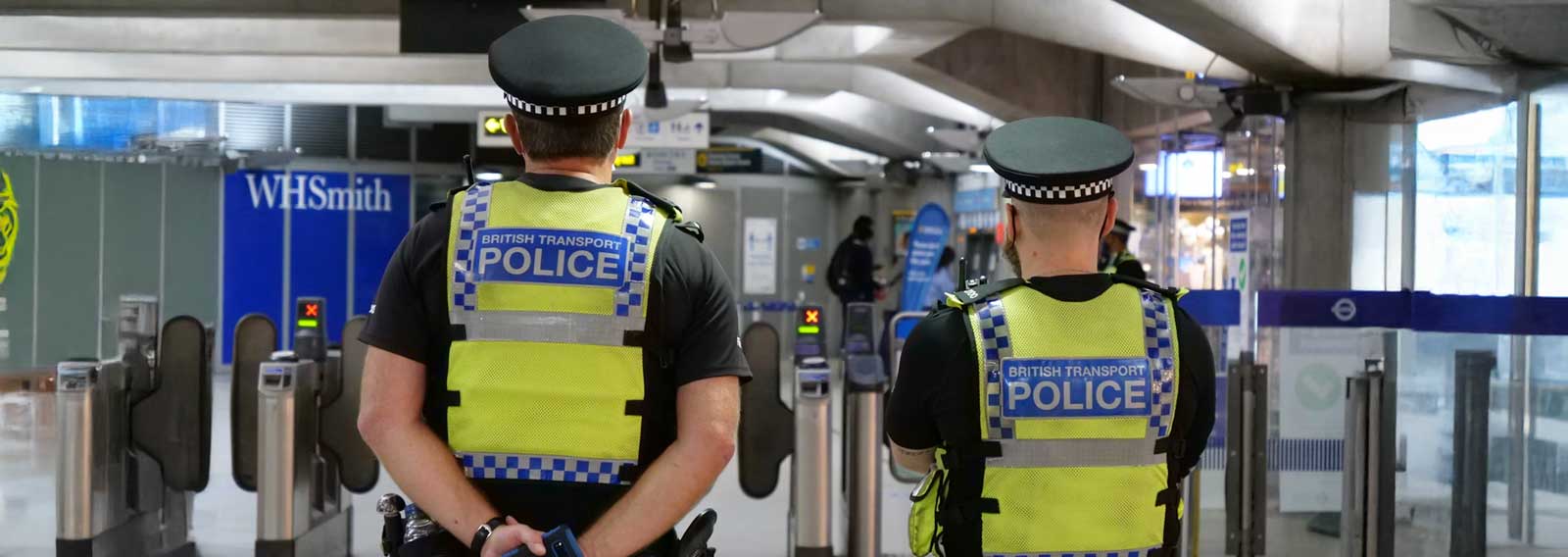That Western civilisation is at a critical juncture is undeniable. This has been warned about for quite some time now. One of my favourite quotes comes from T. S. Eliot and his 1948 book, Notes Towards the Definition of Culture. I have shared it often and am unashamed to once again do so here. He wrote:
It is against a background of Christianity that all our thought has significance. An individual European may not believe that the Christian Faith is true, and yet what he says, and makes, and does, will all spring out of his heritage of Christian culture and depend upon that culture for its meaning. Only a Christian culture could have produced a Voltaire or a Nietzsche. I do not believe that the culture of Europe could survive the complete disappearance of the Christian faith. And I am convinced of that, not merely because I am a Christian myself, but as a student of social biology. If Christianity goes, the whole of our culture goes. Then you must start painfully again, and you cannot put on a new culture ready made. You must wait for the grass to grow to feed the sheep to give the wool out of which your new coat will be made. You must pass through many centuries of barbarism. We should not live to see the new culture, nor would our great-great-great-grandchildren: and if we did, not one of us would be happy in it. To our Christian heritage we owe many things beside religious faith. Through it we trace the evolution of our arts, through it we have our conception of Roman Law which has done so much to shape the Western World, through it we have our conceptions of private and public morality. And through it we have our common standards of literature, in the literature of Greece and Rome. The Western world has its unity in this heritage, in Christianity and in the ancient civilisations of Greece, Rome, and Israel, from which owing to two thousand years of Christianity, we trace our descent.
Many in the West today are also greatly concerned about such matters. Speakers at the latest ARC (Alliance for Responsible Citizenship) conference in London would be among them. It has just concluded after 3 days of powerful and challenging talks, attended by some 4000 people.
Some of the main speakers included Ayaan Hirsi Ali, Jordan Peterson, Os Guinness, Niall Ferguson, Douglas Murray, Konstantin Kisin, Nigel Farage, Tony Abbott, Bishop Robert Barron and Bjorn Lomborg. Other panellists included John Anderson, Peta Credlin, Katy Faust, Eric Metaxas, Rod Dreher, Peter Costello and Jacob Rees-Mogg.
So it was a mix of Brits, Americans, Aussies and others, and it was a mix of Christian and non-Christian speakers. They were mostly conservative and mostly greatly concerned about the state and fate of the West. A few can be highlighted here.
Ali, the former Muslim and former atheist, and now Christian author and lecturer, spoke at the conference but also did a brief interview with Credlin, the Australian Sky News host. She warned about the dangers of multiculturalism and Western naivety about political Islam and the dangers it poses to a free and democratic West. She said this in part in her interview:
Unfortunately, the result of that for some of these immigrants, not all of them, but for some of these immigrants, was to form their own ghettos. Enter radical Islam, which is an international ideology that seeks to transform everywhere it goes and tries to take over control and power.
The philosophy of multiculturalism empowered the Islamists into isolating Muslim individuals, convincing them that the Islamist worldview is their worldview, and that that is what it is to be a Muslim, and turning them against the local populations. If you want to bring about social cohesion in a nation state, you emphasise what unites us, you don’t emphasise what divides us. And multiculturalism is about emphasizing what divides us.
Credlin also announced after the interview that Ali would become a regular contributor to her show in the weeks ahead. That is something we can look forward to.
Another speaker that I want to quote from more extensively is Douglas Murray. He spoke about the truth of Western civilisation’s decline and how we need to be involved in trying to put it back together. He looks at what Trump, Musk and DOGE are doing in the US:
There has been much whining and howling about DOGE’s attempts to not just stop government waste but actually expose it. One of its great advantages so far is you not only see a way in which a country like America might balance the budget but, in stripping away all those layers of bureaucracy, you also discover the kind of rot our societies have been willing to put up with for so long.
The administration in Washington – after USAID was found to be so rotten it had to be gotten rid of entirely – is now looking at the Department of Education. In America, as in the rest of the West, there is no greater task. In New York State, where I spend much of my time, an average spend for state school is now, per pupil, around $US35,000 a year.
For that sum, kindergarten through to 12 students finish with only about half of them attaining basic literacy and about half basic numeracy. So nobody can say money is the problem. You can keep throwing money at this problem, and you can still create more and more illiterates.
He discusses his home country of the UK:
When I returned to Britain recently, I discovered the great debate was about how to kill the elderly more efficiently. I was struck that the only argument any Labour minister could make against euthanasia coming online with the National Health Service was from an MP who said she didn’t think the NHS was capable of performing euthanasia efficiently. I mentioned at the time that this was wrong in one important respect. The NHS is a world leader in killing the elderly; it’s just they only kill the people who don’t want to die. The NHS is always said to be the envy of the world and yet no one can find a GP appointment.
Clever people can sometimes say very stupid things. And in a recent interview, Yuval Noah Harari, who wrote Sapiens, was asked if there was any book he would recommend that people could read in the present to understand the future that’s coming. He said no he couldn’t think of such a book because change was going to be so incredibly fast. That’s flat out wrong. Change has always happened. And if you want a book to guide you, how about having the book that’s guided your forebears? Now to do that, you need civilisational renewal and that includes the ability to look back.
He too looks at the issues of immigration and multiculturalism:
One response to the era of mass migration that I’ve written a great deal about has been what I’ve called the deculturation of our societies, the idea that in order to welcome people into our societies, we effectively have to pretend we’re uninteresting and unimportant places until migration makes us interesting.
Recently a friend of mine used an analogy to explain this to me. He said that, as a boy, he had the impression that ice cream was something whose base flavour was vanilla, and all other flavours were added on top of vanilla. It was only at some point in his youth, he said, that he discovered vanilla itself has a flavour, and a very complex flavour.
The West has created an extraordinarily complex and rich flavour, and we have spent recent years pretending we have no flavour, or that flavour is something that only other people bring to us. This is, of course, flat out wrong, but it’s been something we’ve now told more than one generation of young people in the West.
We’ve told them that we don’t really have anything very great, or if we do we ought not to talk about it much. I believe this is wrong because what we have in the cities of Europe and the West are the greatest civilisation the world has known.
He concludes with these words:
We have a choice either to live in the wastelands or to rebuild them. Now, there are cities in Europe – I think of Budapest and I think of many German cities – where the idea is you actually can restore beauty to the built environment, and that people do not need to wander like lost souls around the wastelands looking for meaning against buildings that tell them, “you are nothing, you do not matter”.
We have the opportunity to restore not just the built environment, but the educational environment. And when we talk about our culture we must realise that it’s not just something young people should revere, but something they can add to – to understand the conversation, the poetry of mankind. To understand that just because Mozart is great does not mean you cannot build on Mozart. That just because great buildings are great does not mean you cannot add to them.
In the age of reconstruction, I would urge that our greatest task is not just to break through with innovation but to reclaim what is ours. To say that we love it, and that if people wish to join us in the veneration of this civilisation, they are very, very welcome to do so. If they don’t wish to join us, there are other places they can be.
Everybody who reveres TS Eliot reveres him in part because he told us and tells us still that a civilisation can be reclaimed even at the 11th hour. But I would say there is another possibility, which is that civilisation can also be reclaimed even at the 13th hour, in the most inauspicious circumstances.
As far as I know, Murray, as with a number of other speakers at ARC, is not a Christian. Two things can be said about this. One, I pray daily for Murray and folks like him, be it Peterson or Naomi Wolf or Musk or Farage or Trump. You should join me in such prayers.
Two, even as a non-Christian, many of these individuals have so much of importance to share. I have quoted Murray often before and will do so again. And I have reviewed some of his previous books, such as this one here.
As such, I am looking forward to his next book, On Democracies and Death Cults, due out in mid-April. I will certainly be getting it and reviewing it, so stay tuned. In the meantime, we need to work to preserve what is good in this world, while resisting that which is evil.
Sure, at some point the West, like everything, else will be no more. But until then, we can work towards being salt and light in a dark and despairing world. Things like the ARC conferences will not usher in the Kingdom, but they can do much good along the way.
In a fallen world that is a pretty good outcome.












